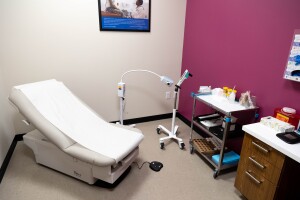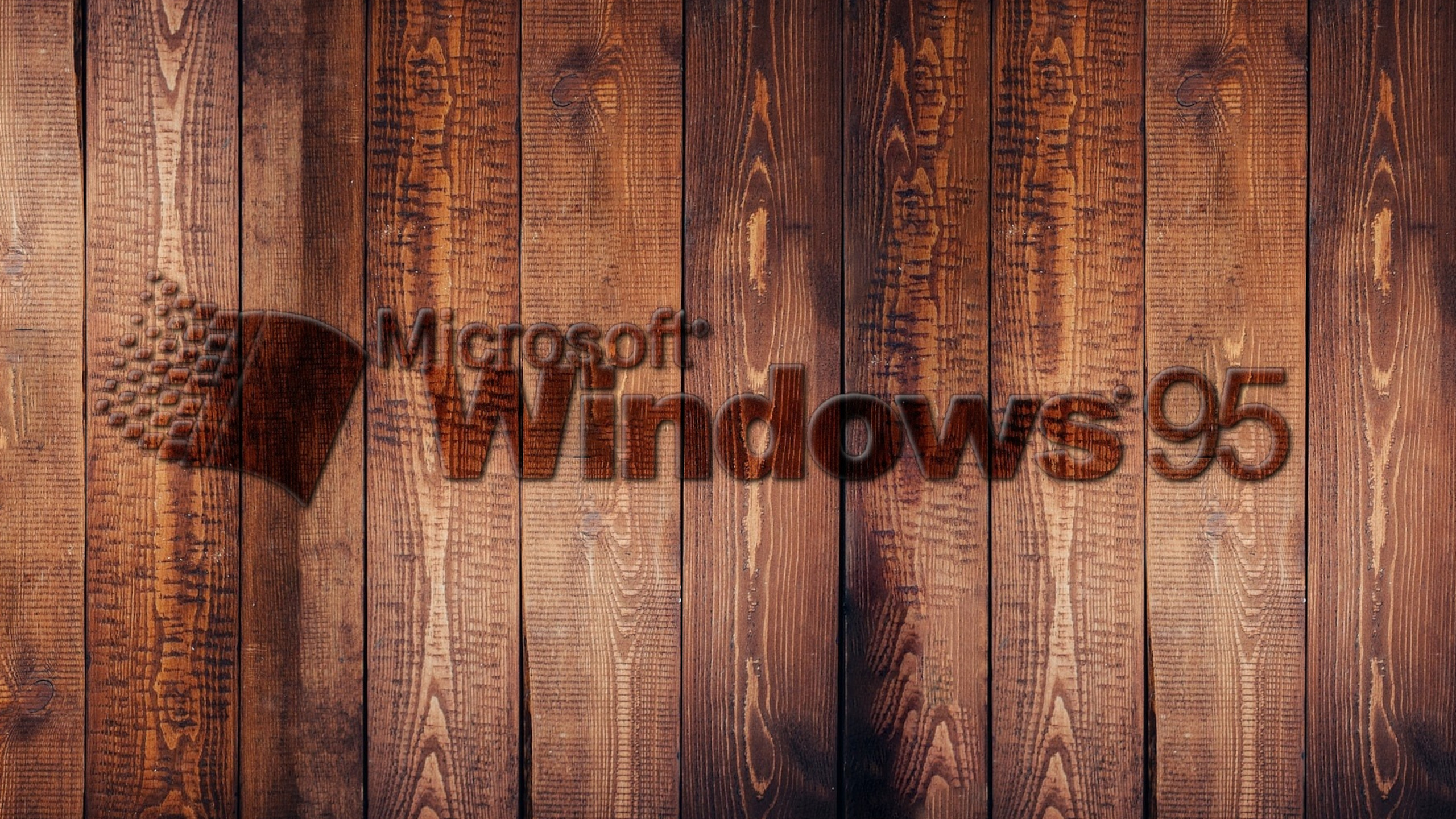UPDATE: Windows 95, a relic of the tech world, is still operating an egg sorting machine on a farm near Düsseldorf, Germany, processing up to 40,000 eggs daily. This surprising use coincides with the operating system’s 30-year anniversary on August 24, 2025.
In a remarkable demonstration of durability, the Windows 95-powered machine measures approximately 40 by 40 meters (or 131 by 131 feet) and efficiently sorts eggs by size, weight, and origin. Farmer Peter Huber emphasizes the system’s reliability, stating, “Windows 95 has been running smoothly ever since this thing was installed here. If something hangs somewhere, I just reboot.”
The egg sorting process is not only mechanical but also involves an old Brother printer compatible with Windows 95 for printouts. Huber faces a unique challenge; if the printer fails, he must locate another outdated model, as the original programmer is unreachable for updates or patches.
Should the software fail completely, the farmer would revert to manual record-keeping, a daunting prospect in today’s tech-driven world. Despite the risks, Huber is not considering a new machine, which can cost as much as a house, as the existing system still meets his needs.
The ongoing reliance on Windows 95 highlights the operating system’s unexpected longevity and relevance, even as it celebrates three decades of existence. This story serves as a reminder of the surprising ways technology endures and adapts in real-world scenarios.
As Windows 95 continues to defy expectations, it sparks curiosity about the future of technology and the balance between innovation and practicality. With a unique blend of nostalgia and necessity, Huber’s farm challenges the notion that older technology is obsolete, making this a compelling narrative worth sharing.
Stay tuned for more updates on how legacy systems like Windows 95 continue to impact industries around the world.



































































